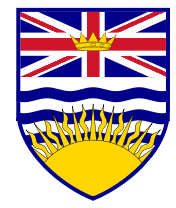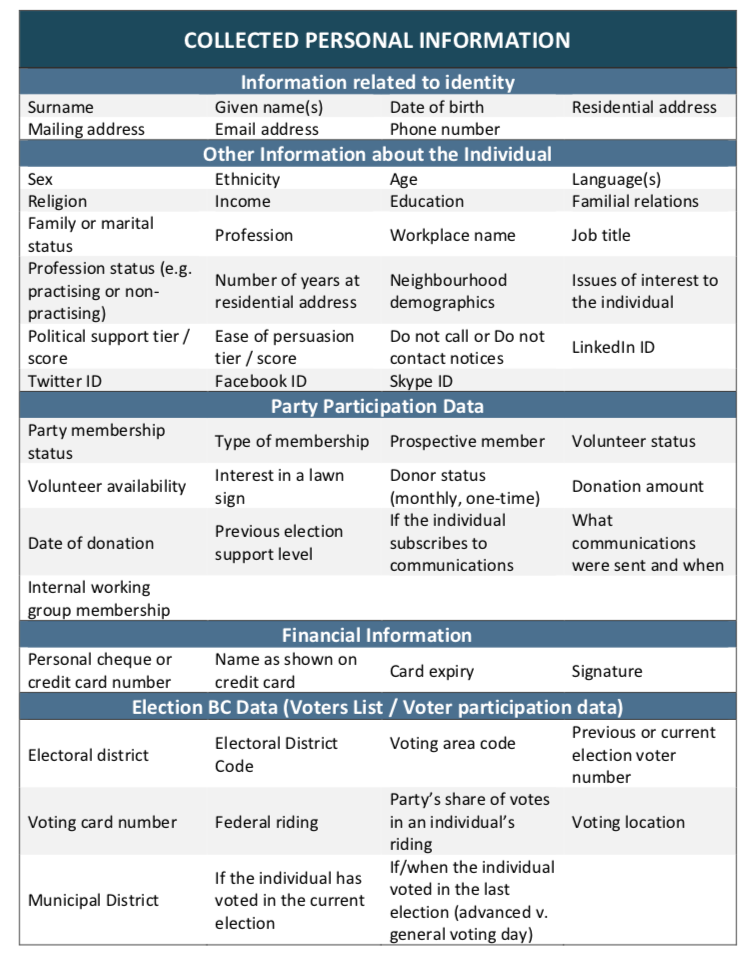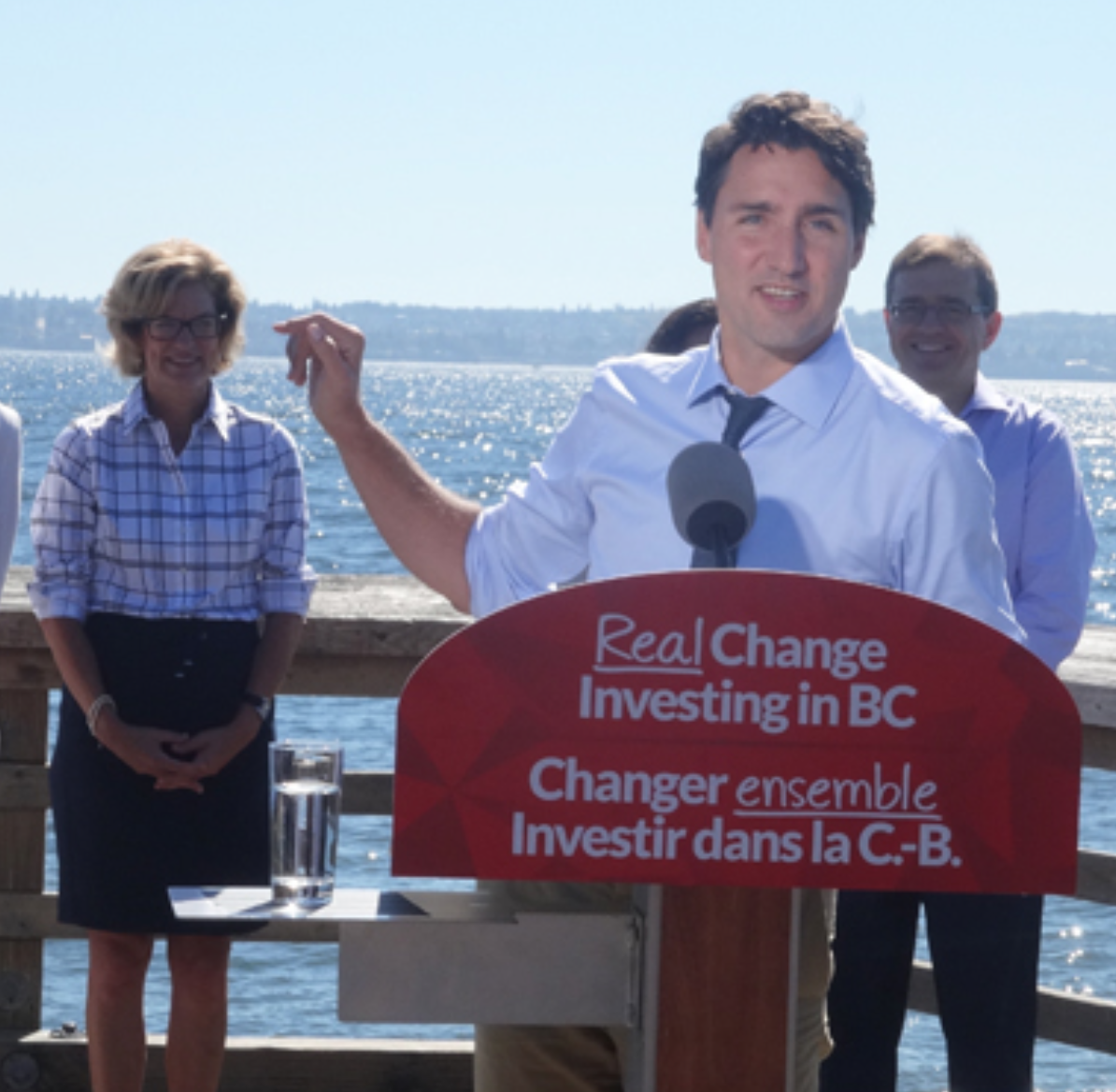
Bob Mackin
The B.C. Government and Service Employees Union stepped up its campaign for a public inquiry into corruption and money laundering.
It commissioned a poll of 800 British Columbia adults by Research Co, and found more than three-quarters of respondents want a public inquiry and 80% said B.C. should follow Quebec’s lead by opening an anti-corruption squad to fight public sector corruption.
Stephanie Smith (BCGEU)
“I’m not surprised the public support is there, it’s certainly what we hear from our membership,” BCGEU president Stephanie Smith said in an interview. “What was surprising for us is the percentage of people who would see this as an election issue, should an election be called tomorrow.”
On that question, 84% believe it is an election issue, across party lines: voters who identified as NDP (87%), BC Liberal (84%) and Green (83%).
More than half the respondents (51%) say the B.C. Lottery Corporation deserves all or most of the blame for the money laundering epidemic, followed by the former BC Liberal government (43%), current NDP government (24%), RCMP (24%) and federal Liberal government (18%).
Smith said loved ones of BCGEU members have died in the opioid crisis, many are struggling to find or remain in affordable housing and some of those members work in casinos where money laundering has taken place, particularly River Rock in Richmond.
“Our members are feeling those effects. having safe working environments and more importantly this issue of employees being able to raise concerns or to bring to attention to their management that something is off, or something is not quite right, they do’t have protection under whistleblower legislation,” Smith said.
Neither Premier John Horgan nor Attorney General David Eby have closed the door on a public inquiry, but they are certainly not rushing into one. “Just questions on timing, whether or not it would be a fruitful endeavour to do and let certain things play out like the second [Peter] German report,” Smith said.
All-party data-mining
B.C.’s three main political parties are collecting too much personal information of voters without consent, sharing it with others and doing too little to protect the data.
That, according to Information and Privacy Commissioer Michael McEvoy’s Feb. 6-released Full Disclosure report.

From the OIPC’s Full Disclosure report
While parties use traditional means, such as door knocking and petitions, they have become more sophisticated in the 21st century. McEvoy wrote that the BC Liberals, NDP and Greens are sharing email addresses of known supporters with social media companies, like Facebook.
“Additionally, the BC NDP gives Facebook the first and last name of their supporters along with phone number, city of residence, and date of birth. The Liberal Party disclosed to my investigators that it uploads its financial donor list to Facebook.”
McEvoy said they do so for two reasons.
“The first is that it allows the party to directly serve its advertisements to these supporters on a social media platform. Facebook for example, will match the emails (or other supplied identifiers) with the voters’ Facebook account if they have one. The party then advertises to that individual through their Facebook newsfeed. All three parties use this advertising strategy,” he wrote. “All of the parties also disclose lists of supporters to utilize Facebook’s ‘Lookalike’ audience tool. Facebook analyzes the extensive information it has collected about those who are Facebook users to determine if they share certain characteristics. Once Facebook has identified a group of people who ‘look like’ the party’s existing supporters, Facebook offers the party the opportunity to advertise to those people.”
McEvoy said political parties may use an individual’s email address or social media user name to contact an individual, only if the person has consented. Political parties are governed by the Personal Information Privacy Act, which his office has the duty of enforcing.
In their efforts to build profiles of individual voters for micro targeting, McEvoy found that parties are collecting seven types of identity information, 23 types of individual information, 13 types of party participation data, four types of financial information and 11 types of voter list/participation data. The BC Liberals amended the Election Act in 2015 to provide parties and candidates an electronic voters’ list and to reveal who on that list voted.
McEvoy said his office received complaints throughout the 2017 election about parties improperly disclosing and failing to take adequate security measures to protect voters’ information. There were incidents of stolen equipment, lost canvassing lists, and post-election voter data retention.
“Political parties disclosing personal information of supporters to Facebook without consent, or processing supporters’ information to determine ethnicity demonstrate why boundaries are required. While these are concerning scenarios, recent developments in the U.S. and U.K. suggest they may only be the thin edge of the wedge when it comes to privacy-invasive techniques used to gain electoral advantage,” McEvoy wrote.
“If we are to avoid a perilous future path, all political parties must focus on each and every aspect of how they handle the personal information of British Columbians. This is not only a matter of legal compliance, but also of the public interest.”
The report did not mention, by name, at least, AggregateIQ, the controversial Victoria Facebook advertising and analytics company that worked closely with the BC Liberals and did a project for the Greens. AggregateIQ is under investigation by information and privacy authorities on both sides of the Atlantic.
Trudeau’s SNC-Lavalin scandal
Did Jody Wilson-Raybould become the ex-Attorney General of Canada because Prime Minister Justin Trudeau wanted her to drop criminal charges against SNC-Lavalin?
The Globe and Mail reported that the Prime Minister’s Office pressed Wilson-Raybould, now the Veterans’ Affairs Minister, to negotiate a plea bargain with SNC-Lavalin, rather than carry on a case about nearly $180 million in bribes and fraud with the Gadhafi regime.
Trudeau denied the story and said nobody in his office directed Wilson-Raybould to make any decision. He did not answer reporters when asked if there had been any attempt to influence Wilson-Raybould. 
SNC-Lavalin has had a role in every stage of rapid transit expansion in Metro Vancouver and is expected to bid on the Broadway Subway and Surrey SkyTrain projects, a whopping $10 billion worth of infrastructure. Wilson-Raybould’s Vancouver-Granville riding includes part of the planned Broadway subway route.
Which brings me back to Sept. 10, 2015 when Trudeau’s traveling Liberal campaign roadshow stopped at John Lawson Park in West Vancouver to announce an ocean protection plan. I grilled him about his promise to spend $20 billion over a decade on transit infrastructure.
Mackin: The question is about money going to waste through corruption and bribery. What is the Liberal Party going to do to make things better in Canada to prevent companies like SNC-Lavalin from getting into the trouble it did, to make sure taxpayers’ [money] goes to where it is… If taxpayers’ money is going to waste on infrastructure and transportation, that’s taxpayers money that can’t go into health and education and protecting oceans.
Trudeau: “The Liberal government is committed to openness and transparency. We have taken new measures that raise the bar on openness and transparency through disclosure of parliamentary—expenses that the NDP actually drag their heels on—through disclosure, through open data, through a commitment to restoring Canadians’ trust in politics, in politicians and in the service they offer to Canadians. Our government will be transparent and open with its procurement policies and demanding the same of our partners and that’s what we’re committed to.”
Mackin: You haven’t talked about any efforts to crack down on corruption. This is a big problem across the country, especially in Montreal where you’re from.
Trudeau: “Openness and transparency is what Canadians expect of their governments, they’ve had 10 years of the most secretive government in Canada’s history with Mr. Harper and that’s why sunshine being the best disinfectant means that we’re actually going to be answering Canadians’ call for better government through openness, transparency and integrity. Having a Prime Minister that tells the truth will be a nice change.”
NDP government keeps what NDP opposition called useless
The Horgan Horde is keeping the Auditor General for Local Government.
When today’s municipal affairs minister Selina Robinson was the opposition critic in 2015, she slammed the Clark Clique-created agency for spending $5.2 million over two years and producing only one audit. Back then, Robinson wanted AGLG to be folded into the Office of the Auditor General. Now she says it should continue as-is. With some tweaks, of course.
The review, by Kelly Daniels of the Rethink Group, said the AGLG overpromised and underdelivered. It had too few staff. Those that it did have were unfamiliar with how local governments operated.
AGLC conducted 26 performance audits on 25 communities, including reports about procurement, policing, asset management, oversight of capital projects and emergency management.
Oddly, the 25 communities did not include the biggest civic government in the entire province, Vancouver.
Burnaby and Richmond have also escaped audits, so far. Only one about Surrey was completed. That was about management of the RCMP contract and police budget oversight. The audit did not consider whether the RCMP or a municipal force is best for Surrey or whether Surrey has enough police officers.
Support theBreaker.news for as low as $2 a month on Patreon. Find out how. Click here.











